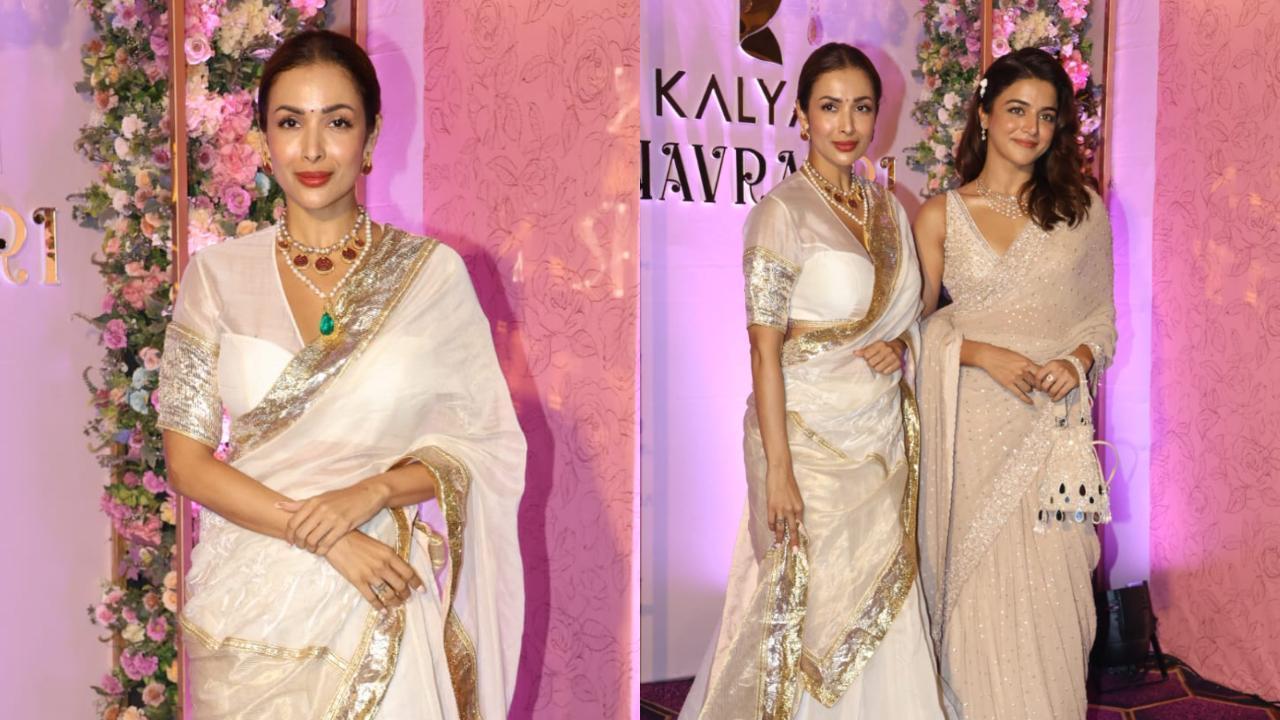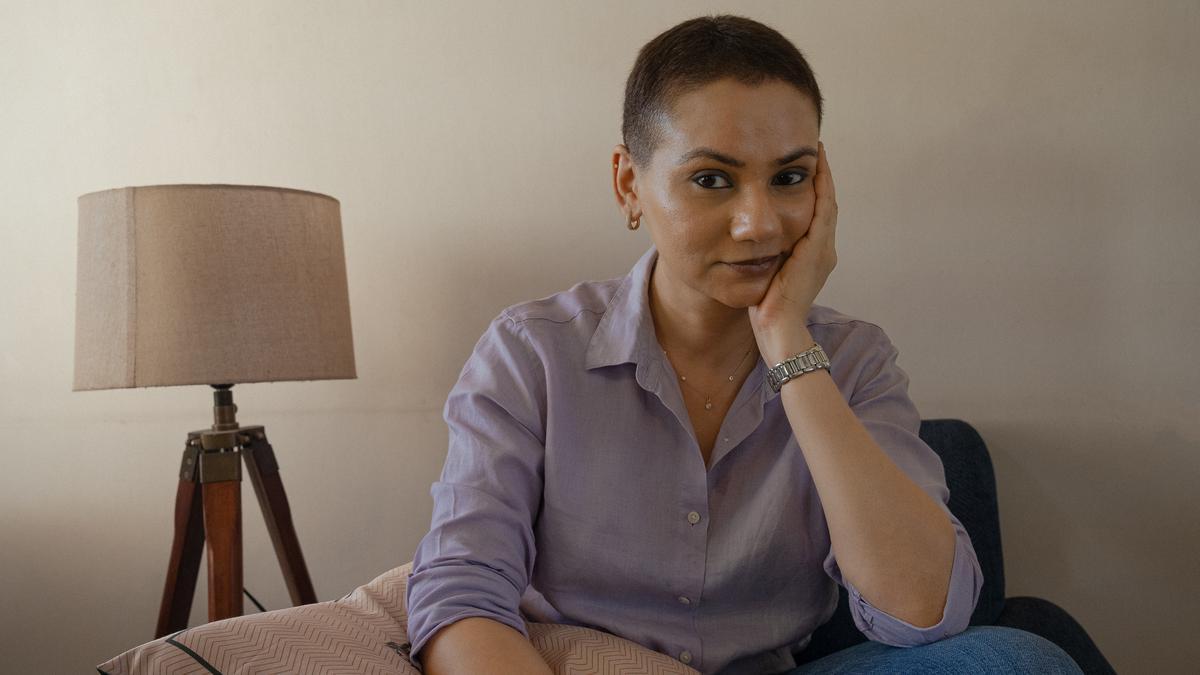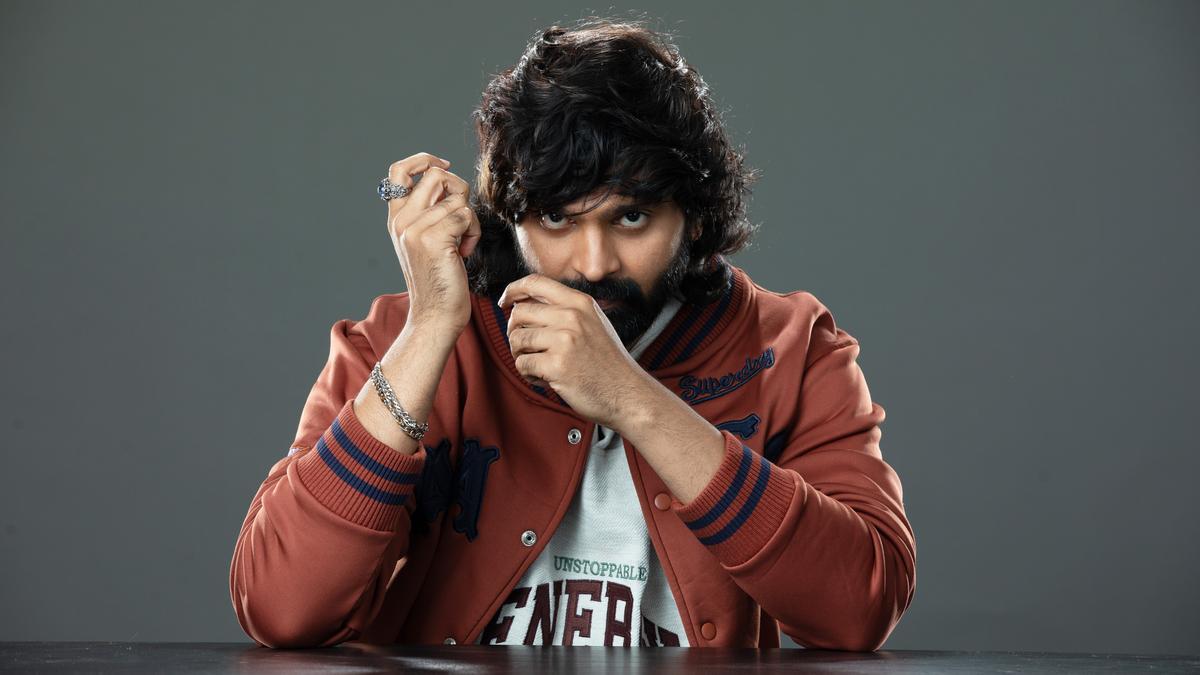
If you visit the ‘Music@Trincas’ section on the official website of this renowned Kolkata establishment, you’ll embark on a historical journey through the city’s rich tapestry of food and entertainment. A standout tale transports you back to 1963, capturing a vivid snapshot of the dynamic Park Street, once Calcutta’s thriving culinary nerve center. Picture this: Little Willie Walters, seated on a stool at Magnolia, devours his melting ice cream as the warm city air competes with the chill of the air conditioning. Amidst this, a three-piece jazz band plays soulfully, filling the air with their melodies.
Enter a mesmerizing woman in a captivating fish-tailed dress, her presence akin to a spellbinding Hollywood star. Her gaze lands on young Willie, entranced by the rhythm of the music and his softening dessert. She winks at him, and time pauses momentarily. Overwhelmed, young Willie lets go of his ice cream, embedding jazz and Trincas into his memory forever—though, at that moment, he has yet to realize it.
Inspired by this unforgettable encounter, Willie Walters would grow up to cement his place in Calcutta’s illustrious jazz scene. He evolved into a beloved bassist, always ready to explore new musical horizons. Before his passing this year, Willie was instrumental in leading a jazz renaissance at Trincas with The Willie Walters Quartet, a formation brought to life in 2022 for those enchanting weekend afternoons. “It emerged because Willie Walters had the unique capability of transforming a collection of musicians—who had never played in a jazz ensemble—into a cohesive unit,” explains Anand Puri, the third-generation restaurateur guiding Trincas since 2019. Anand’s lineage includes parents who took over the establishment in 1959, turning the then tearoom and bakery (originally founded in 1927) into a lively restaurant showcasing live music.
Anand notes a growing mention of jazz today, yet only a select few truly grasp its essence. “To maintain its accessibility, we concentrated on jazz standards and kept a light atmosphere, making it easy for everyone to connect with the music. Our efforts breathed life back into jazz in Kolkata, transforming every Sunday afternoon into something special,” he adds. Despite slower lunch services traditionally on weekends at Trincas, the jazz sessions have doubled occupancy, signaling jazz as a significant draw.
Jazz specials and live nights are increasingly common across India’s dining and bar scenes. While few venues dedicate weekly or monthly jazz nights, the genre’s allure lies in crafting a perfect atmosphere for a relaxing evening. My recent visit to AMPM Kolkata, one of the city’s notable cocktail bars founded in recent years, left a lasting impression. While the acoustics call for optimization, the volume of music events there is undeniable. Though lacking a designated jazz night, my friend and marketing consultant, Mahima Awasthy—a Kolkata local and frequent patron—shared insights on Paddy [Pradyumna Manot], the music director’s role in lending credibility to the site’s music program. “Jazz nights are enjoyable, broadening the audience appeal due to its wide demographic reach, while the intimate setting of the cocktail bar enhances the genre,” she shares.
.
The Piano Man Jazz Club, established in 2015 by Arjun Sagar Gupta, a classically trained pianist and entrepreneur, remains one of the few Indian spaces solely dedicated to jazz. Arjun emphasizes that music venues must foster awareness and accessibility for various music genres. “There was no jazz-specific venue. The challenges were the lack of suitable spaces and systemic issues like fair artist payments, providing professional equipment, and appropriate training. Jazz often serves as a trendy term, yet in reality, it’s frequently presented as background music in clubs or eateries, not as the main focus,” he notes. The Piano Man expanded with a second branch in Gurugram in 2019.
At The Leela Palace Bengaluru’s Kyoto speakeasy, ZLB23, jazz is central to their music offerings. Madhav Sehgal, area vice president — South India of The Leela Palaces, Hotels and Resorts, highlights the unique blend of jazz styles featured in their speakeasy’s program, including Bebop Jazz, Rock and Blues, and more. In a fusion of local and international sounds, they hosted bands like MaMoGi, integrating progressive rock and jazz with talents such as Mohini Dey, Gino Banks, and Mark Hartsuch.
Arjun sees the importance of easing unacquainted audiences into jazz. “At Trincas, the quartet sticks to recognizable vocal songs, presenting a lighter jazz adaptation compared to instrumental-focused styles, making it enjoyable for broader audiences. Unlike the earlier setup, where jazz was peripheral to elite settings, we united entertainment and dining so people could relish both,” he explains.
Maintaining a jazz club poses challenges, Arjun admits. When expanding to Gurugram and Saket, bigger venues were vital to overcoming occupancy limitations, striving toward financial viability. Their growth journey from The Piano Man Jazz Club to ‘The Piano Man’ marks this evolution.
Veteran Pune-based jazz singer Sonia Teresa Saigal observes, “There’s a lot of promising talent emerging, with varying depths of jazz understanding. Singing jazz merely from obligation doesn’t feel genuine.” Sonia frequently encounters managers desiring her to host jazz nights, but she ensures clarity on whether they seek traditional jazz or a more ‘jazzy’ vibe.
New Delhi’s Parvati M Krishnan of Parvati La Cantante distinguishes between jazz for status quo and for genuine appreciation. “In my experience performing at jazz events, audiences of all ages gather to immerse in it. This enduring, profound appreciation culture persists.”
Parvati also stresses the challenge venues face in balancing the desire for a sophisticated ambiance with a reluctance to invest in top-quality jazz talent, resulting in less experienced musicians lacking in impactful performances and struggling for recognition.










